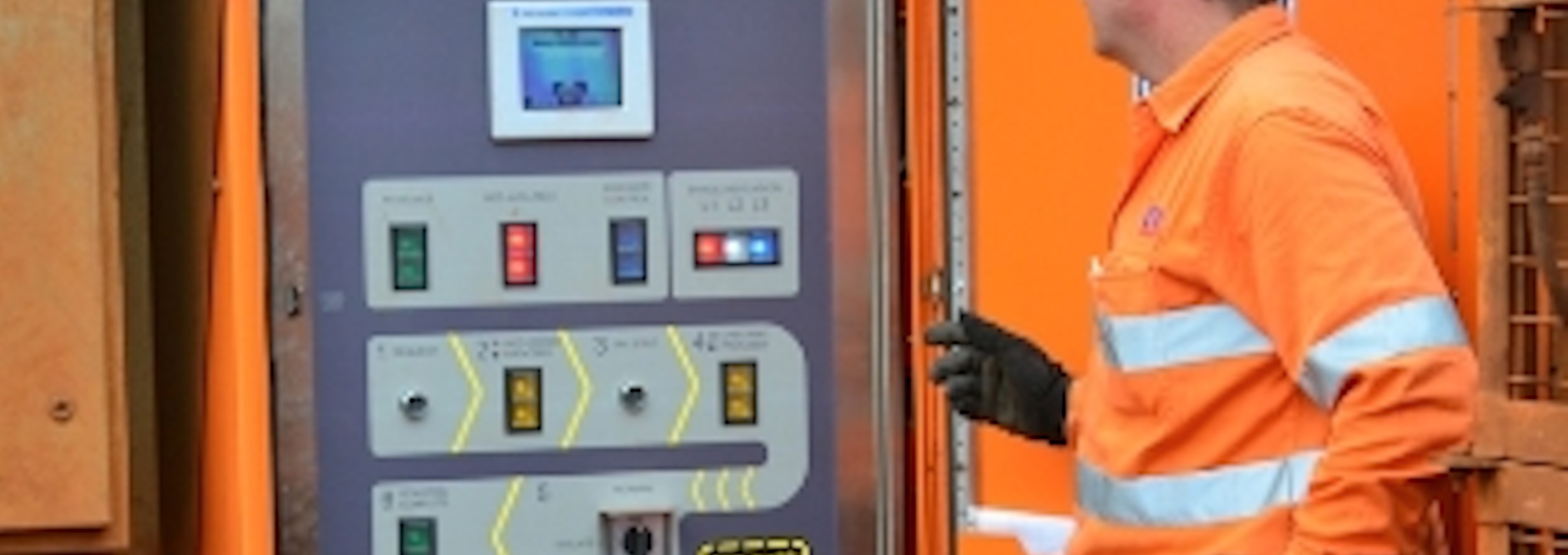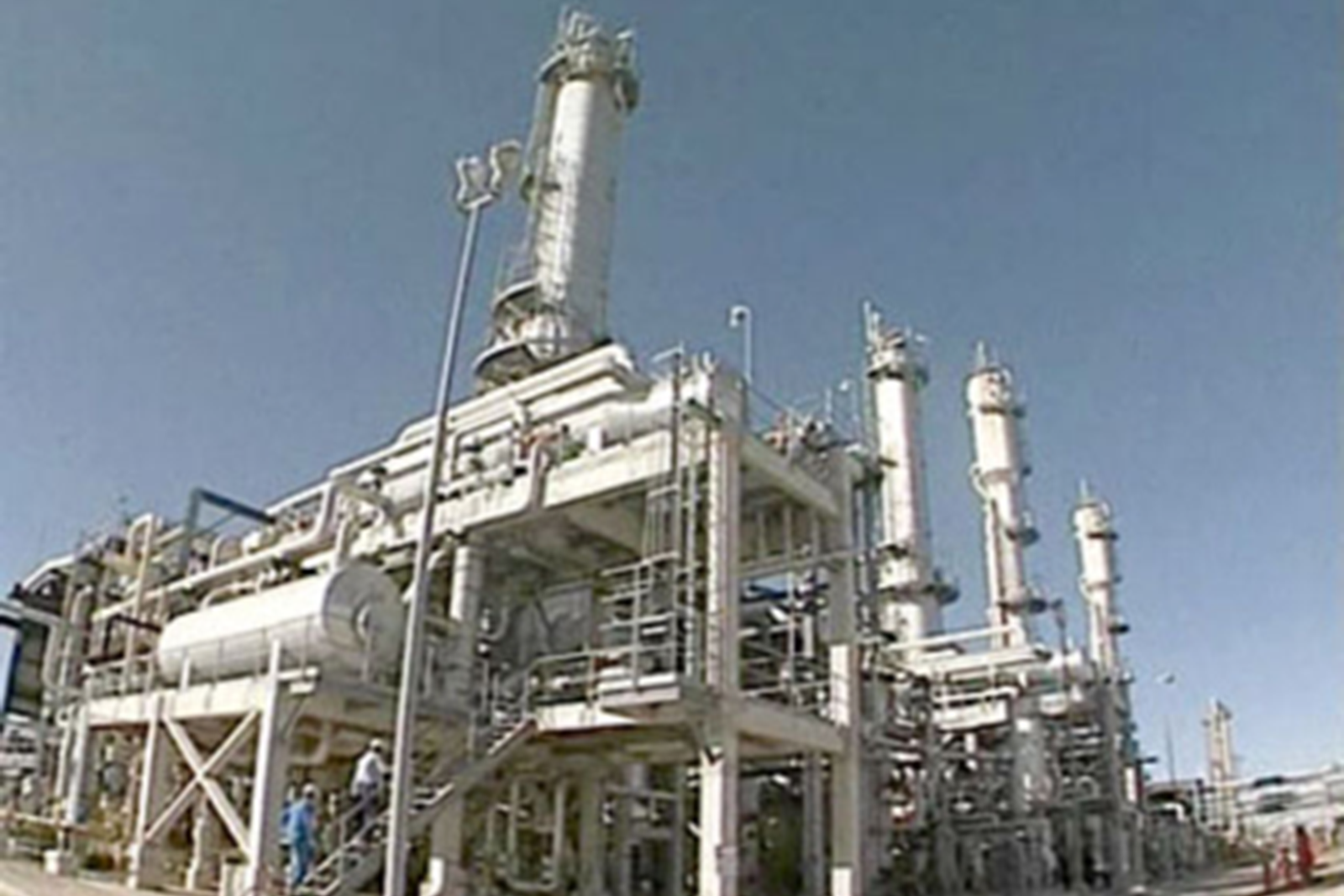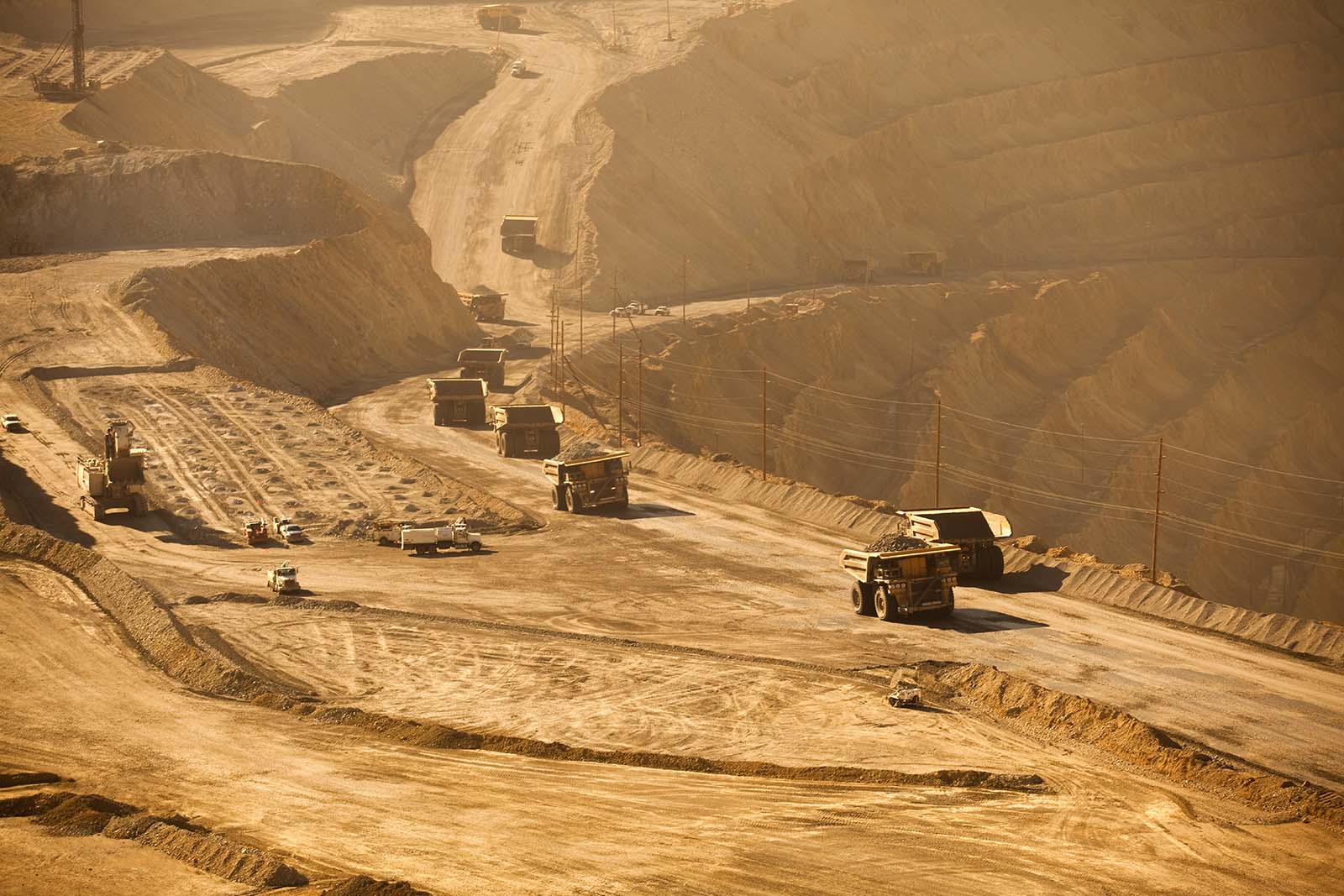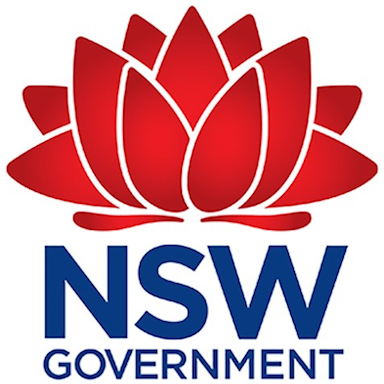Regulatory Compliance, Safety Management Systems, Safety Cases and Safety Reports
AMOG has specialist skills and experience with the Work Health and Safety (WHS) regulations governing Major Hazard Facilities (MHFs). We provide all aspects of MHF safety case development, safety and risk assessments,consequence modelling, and independent reviews and audits. AMOG has provided expert advice and safety engineering services working on MHF sites for over five years, with a broad range of experience. We have well trained safety specialists with detailed knowledge of State specific and Commonwealth regulatory requirements and approval processes and are known to regulators as qualified MHF assessors.
In addition to knowledge of legislation and well developed processes for MHF license applications and renewals, AMOG has proven capability in major accident event consequence modeling and Qualitative Risk Assessments (QRAs). AMOG is well placed to deliver:
- Initial scoping studies or gap analysis for regulatory compliance
- Assistance in the development/update of the Safety Case / Report and outline plans
- Preparation of documents for supply to regulators
- Advice in obtaining MHF licences
- Ongoing independent review and auditing
- Training
- Hazard identification workshops
- Quantitative / Qualitative risk assessments
- Control measure evaluation and development of performance indicators
- Development of integrated Safety Management Systems
- Major accident event consequence modeling for QRAs
AMOG continually engages with industry safety panels, safety advisory groups and regulators. AMOG is affiliated with Comcare, the Commonwealth regulator for MHFs. Presently, AMOG is on the Comcare Panel for Provision of Specialist Technical Services, is a Comcare Approved Assessor for MHFs and, when required, have acted as Authorised MHF Inspectors on behalf of Comcare.
The WHS Regulations have guidance on defining facilities where major accidents can occur, as a MHF. Major accidents are low probability high consequence events where there is a significant risk of loss of life, damage to property, disruption of the community, or harm to the environment. Licensing is used to regulate the location and operation of MHF sites. As such, the licensing process and operational safety requirements are more onerous for these sites and operators are required to engage with regulators early (up to 2 years) in the licensing process.
Industrial sites that are typically defined as an MHF or a potential MHF are:
- Facilities that manufacture or store, temporarily or permanently, a quantity of ‘scheduled’ hazardous or explosive materials which exceed 10% of the corresponding threshold or aggregate threshold quantity; or
- Facilities that are nuclear installations as described in Part 2 of the ARPANS Act; or
- Facilities that are a laboratory dealing with biological agents requiring physical containment at specified levels (AS/NZ 2243.3:2002); or
- Facilities that manufacture or store explosive ordinance
This may include mines, petroleum refining and processing facilities, ammonium nitrate facilities, laboratories, medical centers.
The legislation and regulations governing MHFs in Australia are changing for a number of States and Territories towards harmonized regulations across the Commonwealth. In addition to national Standards and Codes,State Governments are working on regulations that will impact MHFs in numerous ways:
- Notification and Classification
- Systematic Risk Assessment
- Emergency Plans and Procedures
- Education and Training
- Safety Management Systems
- Community Consultation
- Acceptable Levels of Risk
- Maximum Threshold Limits
- Level of Documentation
AMOG Consulting in on the Comcare Panel of Approved Assessors of Safety Report for Major Hazard Facilities. The Commonwealth regulator has also recognized AMOG’s expertise through our continued appointment and utilization on the Comcare Panel for Provision of Specialised Technical Services Related to Risk Management of High-Risk Industries. In fulfilling these roles, AMOG has been, and still is, intimately involved with Work Health and Safety Act and Regulations 2011 and the associated Codes of Practice.
In the area of training, AMOG has developed two 5-day training courses in System Safety Engineering. The high level management Course addresses the safety case context and contents. The detailed Application Course gets into the specific assessments and techniques commonly utilized in the assessments supporting a safety case. These Engineers Australia approved courses are offered in partnership with Engineering
AMOG has experts in world-class Safety Engineering, familiar with Commonwealth and State legislative compliance, using advanced safety engineering skills and toolsets required for the assessment of high energy and complex systems associated with present day technologies.
Our unparalleled experience and expertise means AMOG is uniquely positioned to assist organisations that have MHFs or potential MHFs. With specialist skill sets across all aspects of MHF licensing, AMOG is the contractor of choice for you organisation.





